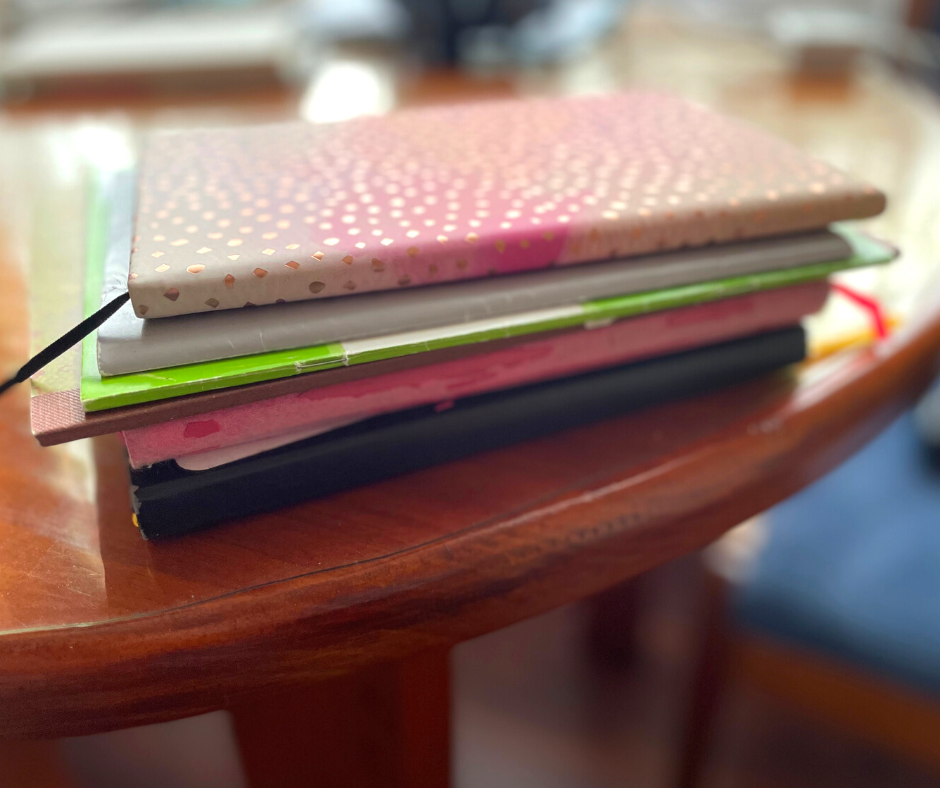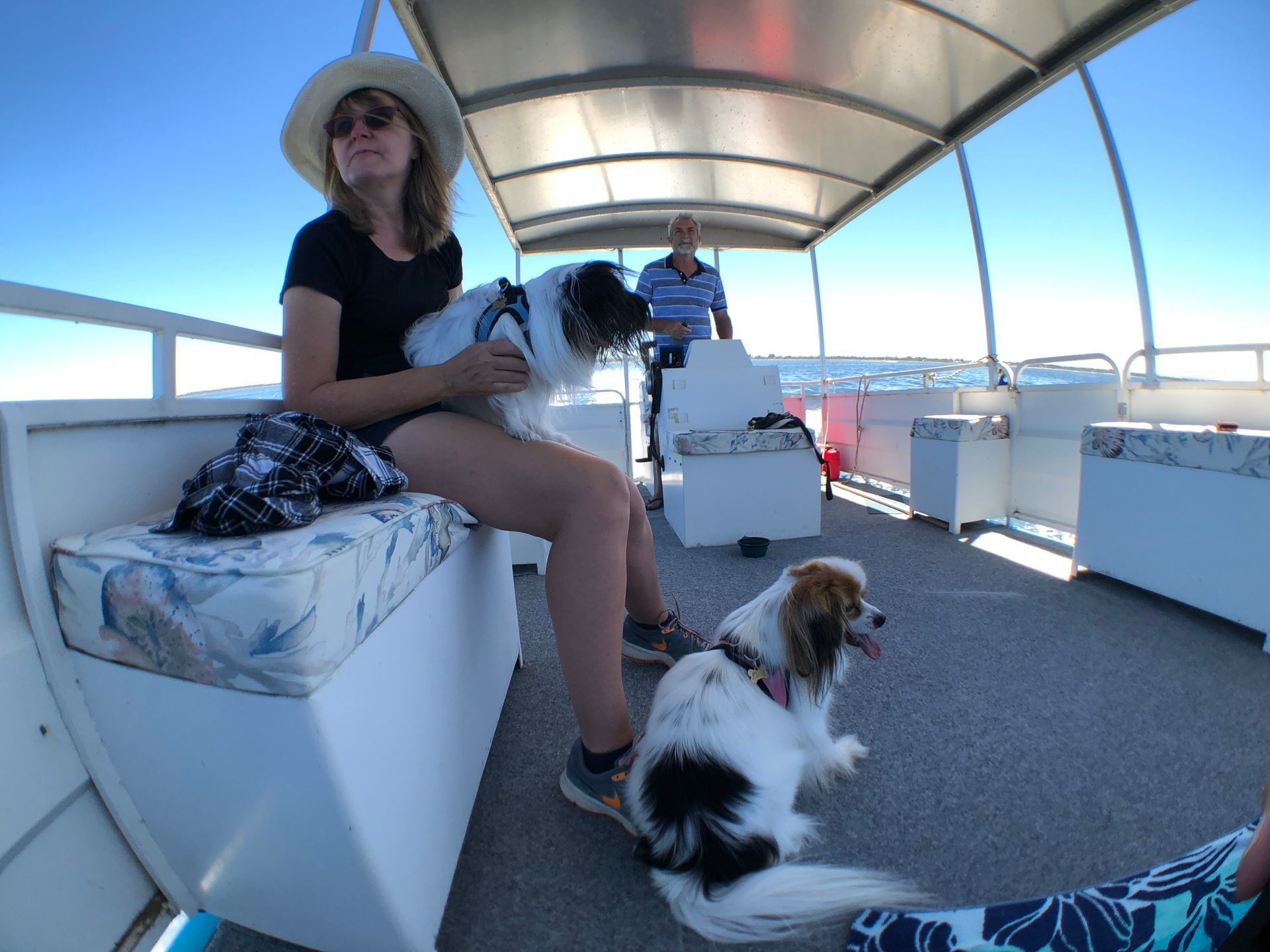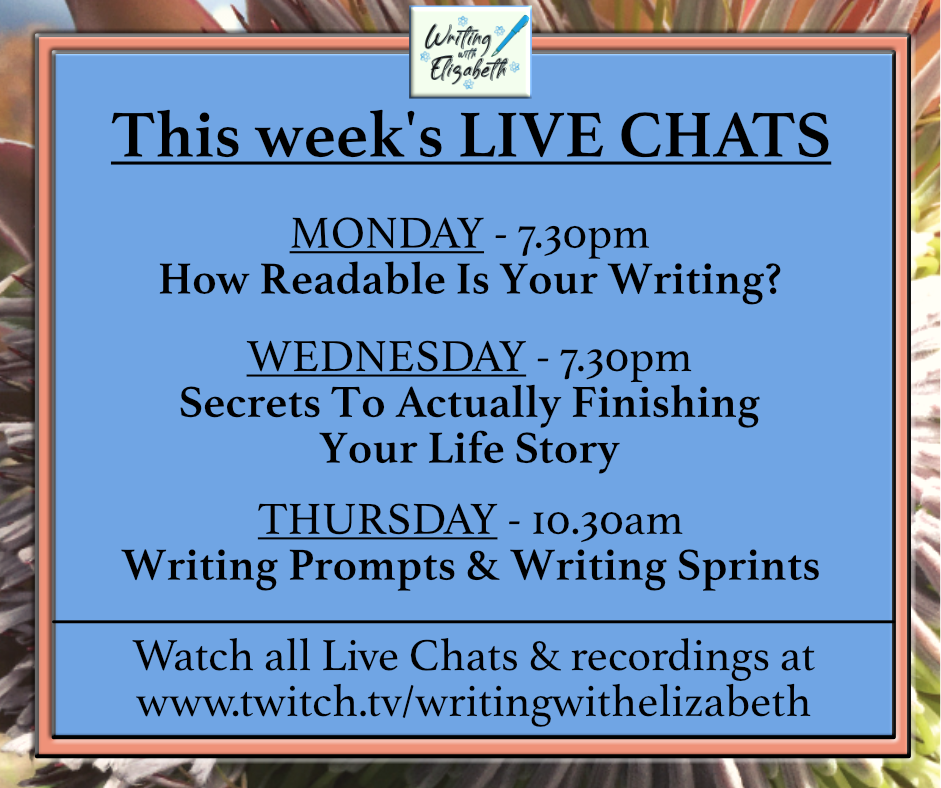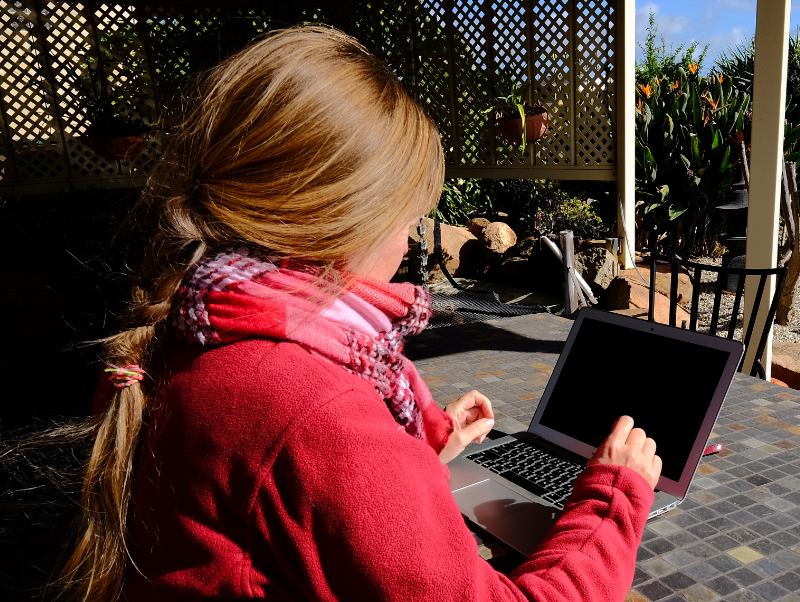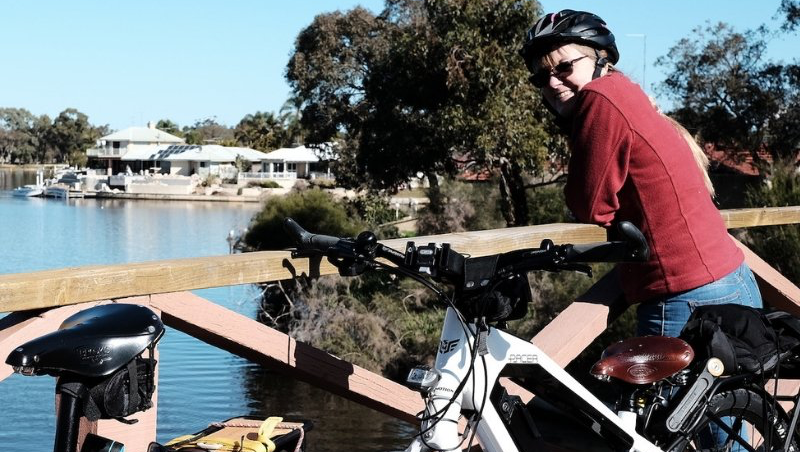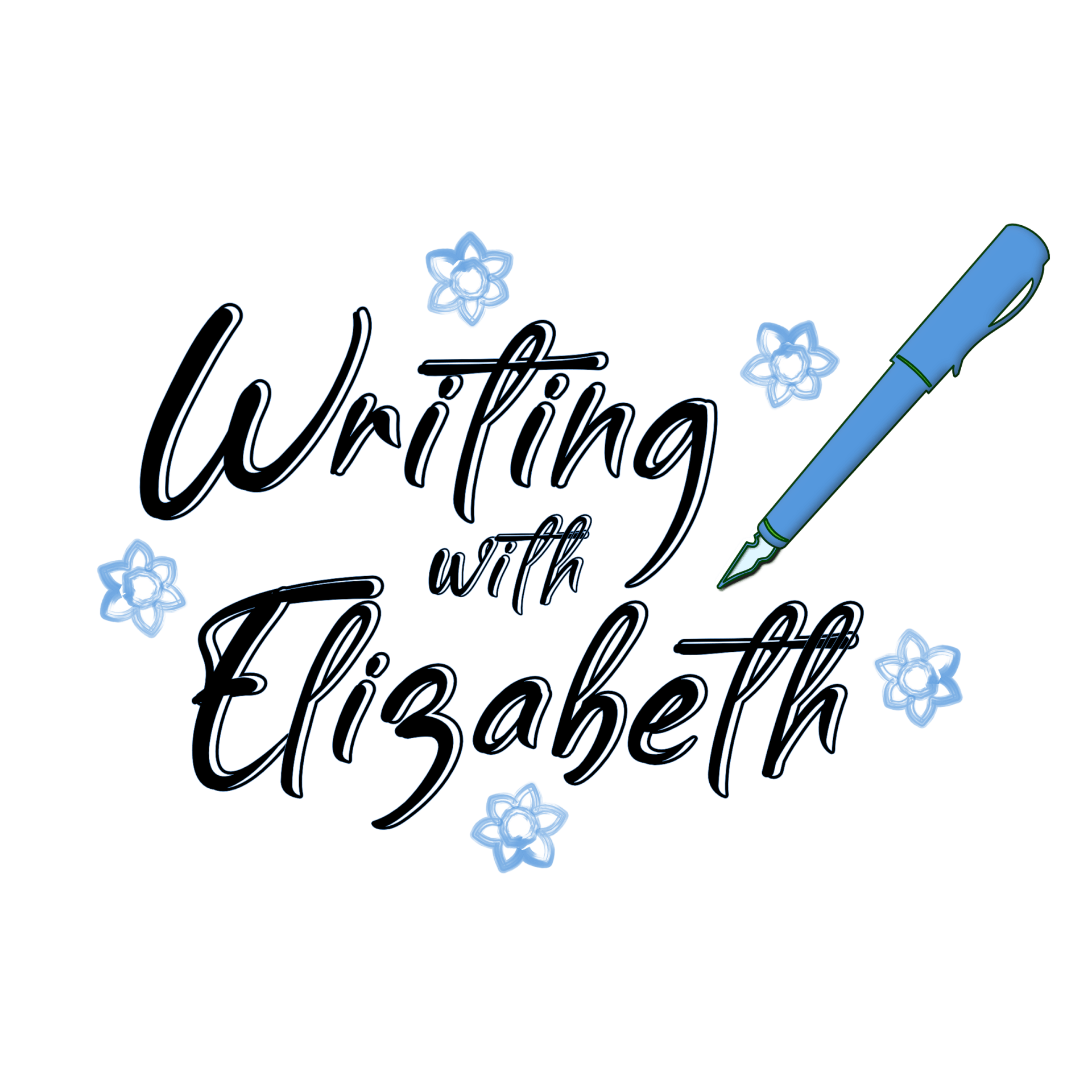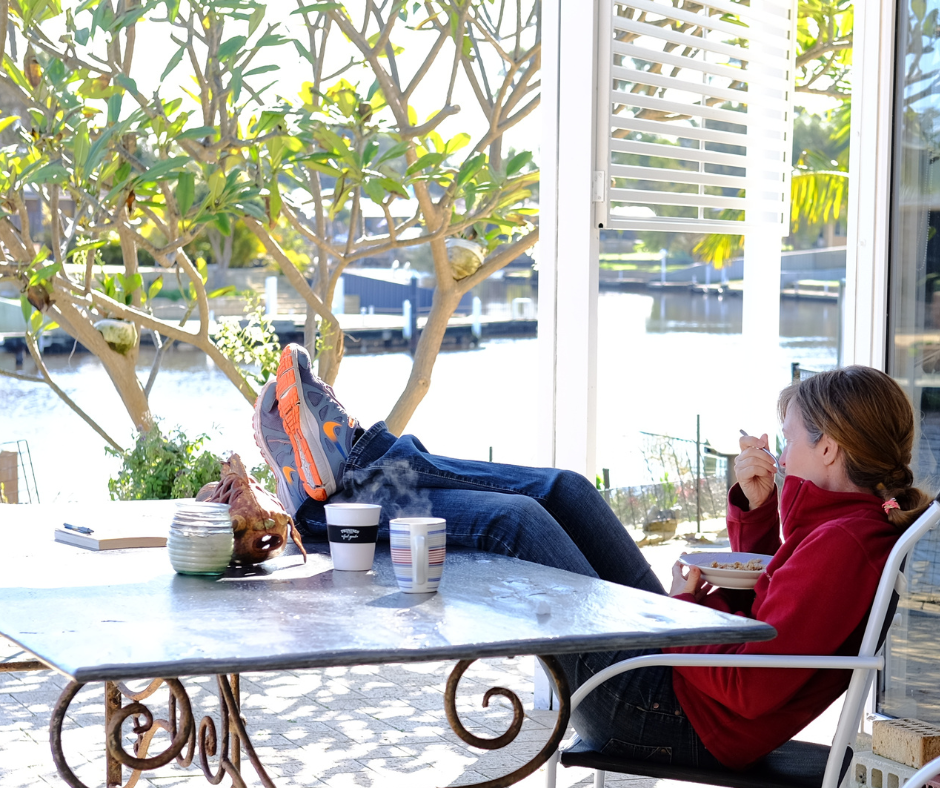Dialogue is never JUST dialogue
There’s nothing quite like driving across a country to realise how an individual word can have a different meaning dependant on where or who is using it.
For example, did you know that...

Tasmanians refer to Australia as the mainland. I know that a lot of people around the world forget that Tasmania is an Australian state. Heck, I think I may have too on the odd occasion before I emigrated, but the mainland? But I never consider Tasmania to be so small as to need a mainland.
Then there’s words like pademelon. Here in Western Australian it describes a wild, inedible melon that often grows in paddocks, however on the east coast it refers to a cute, small wallaby-like animal that looks like it’s eaten the WA pademelon.
And that’s before we even go into the varying definitions of words like warm, chilly or damp. Words with definitions that change dependant on the climate and time of year everywhere.
Yet these meanings (and all the other new variations I’ve learned) are simply examples from just one country, a large country admittedly, but still only one. Think about the difference in words and meanings across the world and the list is endless. Candy, sweets and lollies, flip flops and thongs, swimming costume or bathers, are only just the start of it.
This is why dialogue is never just dialogue. The way a person speaks says so much about them - more than just the conversation they are adding.
It also implies their age range, social environment, interests, life style, heritage, upbringing and so much more. All of which, we as writers, need to be aware of.
We all know that an American will have chips as a snack, whilst a Brit will refer to them as crisps. Mix them up in your writing, label them incorrectly and instantly your writing (and you) loses credibility and more than likely readers as well.
So what steps can you take to ensure you pick the right words?
- Well, you can always follow the familiar phrase that says write what you know best. In other words write about the locations and age ranges that you know, but that can sometimes be a little limiting.
- There are websites that enable you to submit your local word and then they will offer you other words that are more suited to the area or lifestyle you’re writing for. In other words, translate your work for you. The disadvantage there is that while that can work well on individual words, it may not be as good at the sentence structure.
- You could gather together a collection of friends from different locales and age ranges who would be willing to read and edit your writing. A solution that works well, especially if they want to write about somebody fitting your personal character and location so you can reciprocate.
- The best way, though, of course, is to set yourself up in the environment that you’re writing about and surrounding yourself with people similar to your characters. But that tends to be a lot easier said than done - especially if you’re on the other side of the world.
- Which leads nicely on to my favourite (at least as a first step) which is to select a range of quality books, movies or television shows that include characters leading similar lives to those that I’m writing about. I then immerse myself in them. Who said watching movies and reading books wasn’t research?
~~~
To discover more ways to use this information to strengthen your writing
check out my videos on Skillshare.
Word Power: The secret to writing the right words
Secrets to Writing Believable Dialogue
